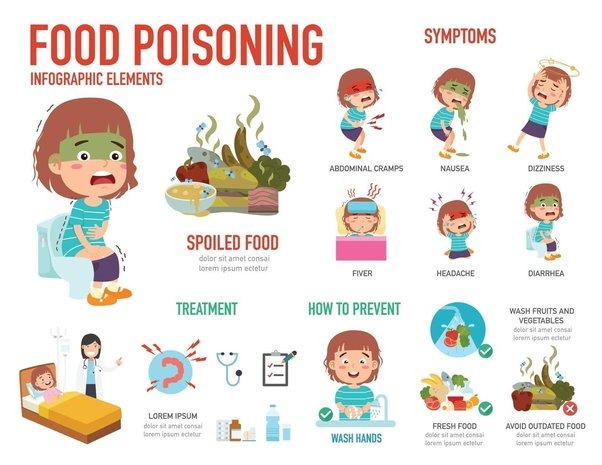Are Disposable Pens Recyclable? Navigating the Environmental Impact of Single-Use Vaping Devices

The surge in popularity of disposable vapes has raised concerns about their environmental impact. As the vaping industry evolves, understanding the recyclability of these single-use devices becomes crucial. This article delves into the environmental challenges posed by disposable vapes and explores current recycling initiatives within the vaping industry.
Understanding Disposable Vapes
Disposable vapes have become a go-to option for many due to their convenience and simplicity. Unlike traditional vaping devices, they are designed for one-time use and are often discarded after depletion. This rise in popularity is driven by their compact design and user-friendly nature, making them accessible to both seasoned vapers and beginners.
The Environmental Challenge
Despite their convenience, disposable vape pens contribute to electronic waste, presenting environmental challenges. E-cigarettes and vaping devices, in general, contain batteries and various materials that require proper disposal. With improper disposal, these devices can end up in landfills, posing a risk to the environment and public health.
Recycling in the Vaping Industry
The vaping industry is recognizing the need for responsible waste management. Several manufacturers have initiated recycling programs, aiming to mitigate the environmental impact of disposable vapes. However, challenges such as the complexity of device components and varying recycling regulations make implementing effective programs difficult.
Materials Used in Disposable Vapes
To understand the recyclability of disposable vapes, it’s essential to examine the materials they are composed of. Most disposable vapes contain a combination of plastic, metal, and electronic components. While some materials can be recycled, the challenge lies in the separation and processing of these materials to ensure effective recycling.
Consumer Awareness and Responsibility
Educating consumers about the proper disposal of disposable vapes is crucial. Many users may not be aware of the environmental impact of their vaping habits. Manufacturers and regulatory bodies play a role in raising awareness, emphasizing responsible disposal practices and encouraging consumers to participate in recycling programs.
Global Perspectives on Vaping Waste
The issue of vaping-related waste is not confined to a specific region. Across the globe, efforts are underway to address the environmental impact of disposable vapes. Varying cultural attitudes towards recycling and waste management contribute to the diversity of approaches in different countries. Collaborative initiatives and shared knowledge can pave the way for effective global solutions.
Future Outlook
The future of disposable vapes lies in innovations that prioritize sustainability. Manufacturers are exploring eco-friendly alternatives and designing devices with recyclability in mind. Anticipated changes in regulations and industry standards are expected to drive the adoption of more environmentally friendly practices. Consumers, too, play a pivotal role in shaping a sustainable vaping landscape by choosing responsible disposal methods and supporting eco-conscious brands.
Conclusion
The recyclability of disposable vapes is a multifaceted issue that requires collective action. While the vaping industry is making strides in implementing recycling initiatives, there is still much work to be done. Consumers must be informed and engaged, and manufacturers need to continue developing sustainable alternatives. By addressing the environmental challenges posed by disposable vapes, we can work towards a greener and more responsible vaping industry.




